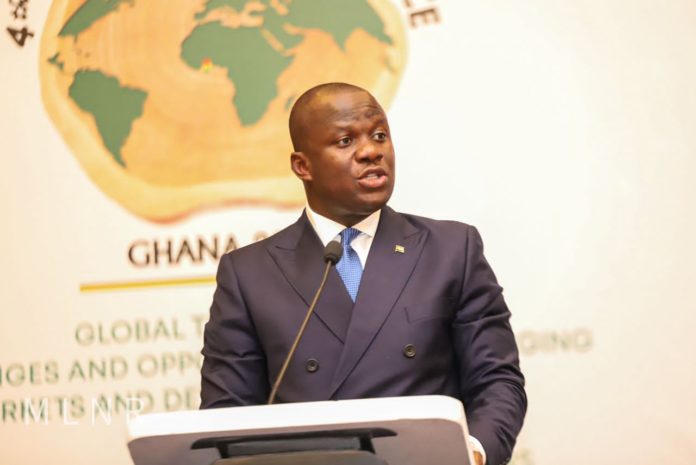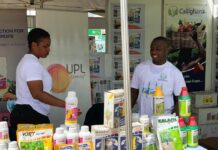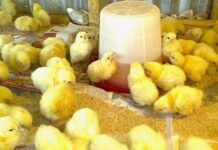Ghana is hoping to become the number-one teak producer in the world as it seeks to explore and develop new strategies and initiatives to further grow its teak production, the Minister of Lands and Natural resources, Samuel Abu Jinapor, has said.
The country has an estimated 200,000 hectares (ha) of teak plantations comprising approximately 70 percent forest plantations.
Out of the 26 million tree seedlings distributed this year as part of the government’s ‘Green Ghana Day’ initiative, 5.2 million were teak seedlings according to the sector minister.
Presently, teak is the most exported timber specie from Ghana; both in terms of volume and value. For instance, it constituted 54 percent by volume and 45 percent by value for all 42 timber species and wood products exported from the country last year.
This timber species was introduced into the country around 1905 – more than a century ago, with seeds sourced mainly from India and Burma, now Myanmar. However, it was not until the early 1970s that the country started embarking on large-scale teak plantation development under the government’s Rural Development Programme.
Mr. Abu Jinapor, speaking at the opening ceremony of the ‘4th World Teak Conference’ in Accra, said the position teak occupies in the Ghanaian timber industry today is not by accident.
He attributed it to deliberate and structured efforts by the government, through the Forestry Commission and in collaboration with private sector players and rural communities, to take advantage of the conducive investment, climatic and edaphic conditions to actively promote the development of forest plantations.
“These achievements have been chalked up through the implementation of enabling policy and legal frameworks, respect for the rule of law, and the principles of democratic accountability,” he said.
Apart from developing this timber species, he said the government is also working to make its harvesting, trade, and use in the downstream industry easy and legally compliant internationally.
“We have therefore developed the Ghana Timber Legality Assurance System (GhLAS) under the Forest Law Enforcement, Governance and Trade (FLEGT) Framework being implemented between the government of Ghana and the European Union to enhance transparency, efficiency, and legality in timber traded from Ghana.
“We have also developed a Wood Tracking-Decision Support System (GWT-DSS) – an electronic tracking system that tracks and traces timber from source to export, and ensures that any timber that enters the supply chain originates from legal sources,” he added.
Other efforts include the development of a digital property mark and registration system by the Forestry Commission, which allows timber companies and loggers to register and renew their property marks – a prerequisite for legal timber production in Ghana – from the comfort of their homes.
These initiatives, the minister said, have attracted and sustained key private and public sector investments in the forest plantation industry of Ghana.
He said the government has prioritised forest landscape restoration, especially commercial forest plantations, anchored around teak and other timber species.
Also speaking at the event, the Minister for Information, Kojo Oppong-Nkrumah, said Ghana is the destination of choice for investors looking to explore and do business in the teak market.
He said with Ghana being the leading producer of teak on the African continent, the government is intentional about enhancing its production.
Among other speakers, the president of the International Union of Forest Research Organisations (IUFRO) Dr. John Parrotta lauded the commitment of governments and organisations to research and invest in the timber species.
He is optimistic that the conference will allow participants to connect, share ideas and contribute to the growing conversation on the opportunities and challenges of teak on the global market.








